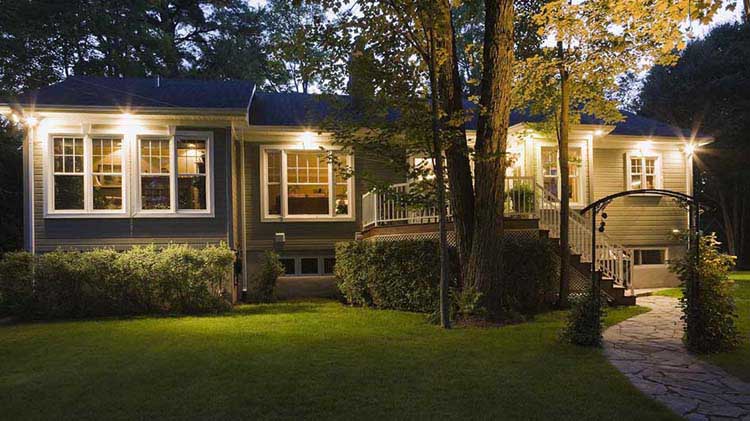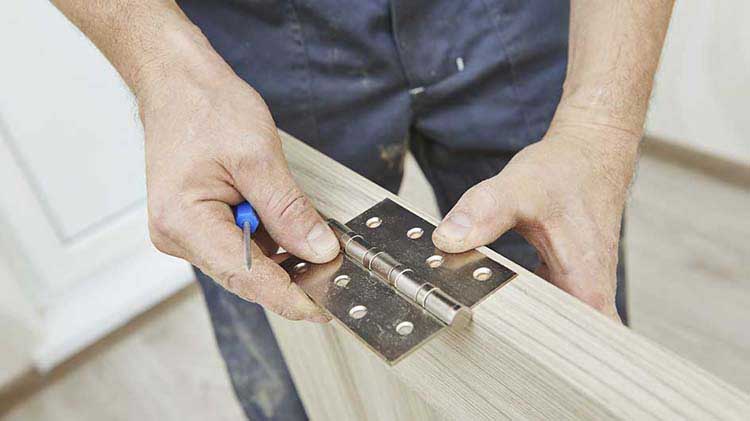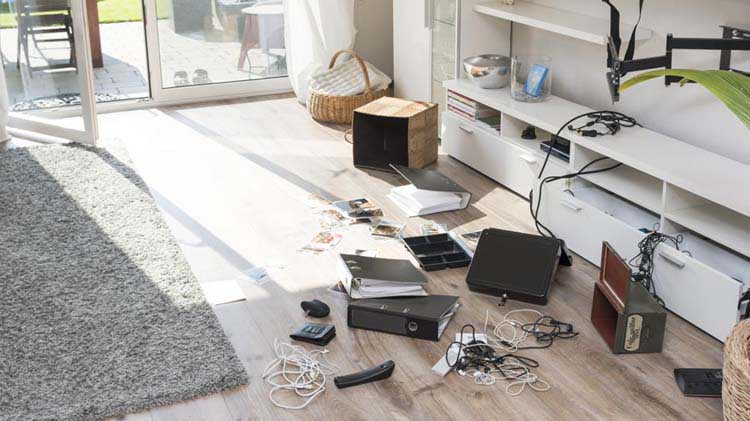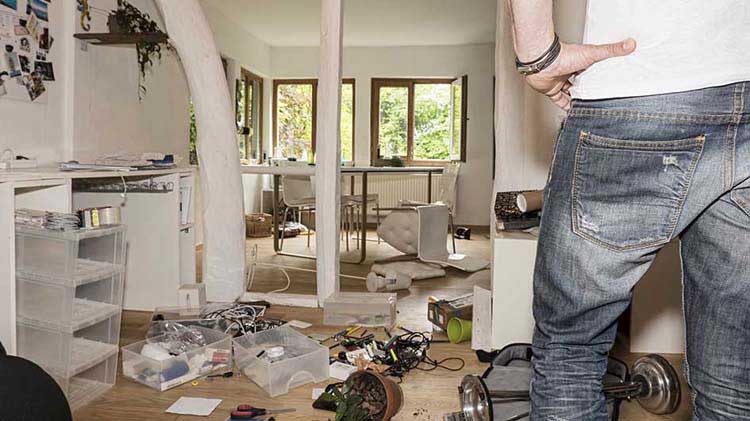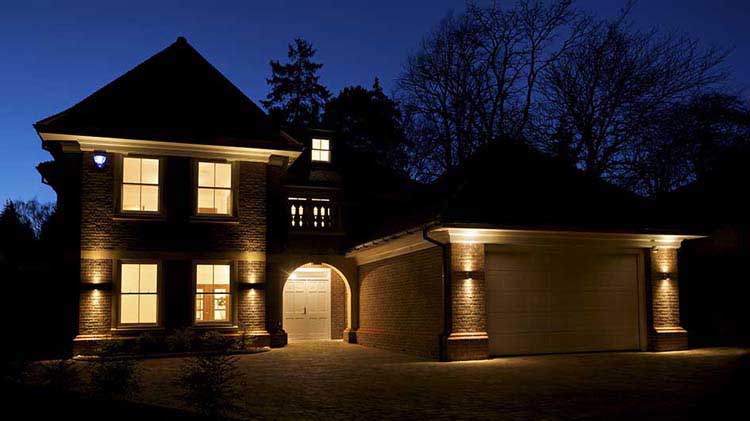Protecting your home while on vacation
Consider these tips to help with home security and protection when you are away.
You've booked your trip and packed your suitcase, but before you depart, take the time to vacation proof your home. June, July and August are popular vacation months, and unfortunately, home burglaries rise during these summer months.
Whether you take a weekend getaway or a longer trip, consider taking extra security and home protection measures. Take a look at the following checklist before going on vacation.
Inside the house
- Install or set timers on interior lights. Giving the impression that someone is home can help in deterring burglars, who often look for crimes of opportunity.
- Protect against power surges. You never know when a power surge may occur, so it's good to be prepared. Consider unplugging the coffee maker, computer, TV, stereo and other electronics, or see that they are plugged safely into a surge protector.
- Test the smoke alarms. See that all alarms are in working order and replace any batteries.
- Don't make or socialize status updates. Try not to broadcast your vacation plans or location on social media. Even if you think that it's only your friends or colleagues viewing your online profiles, it's safest not to leave any sort of opening for a possible burglar.
- Alert the alarm company. If you have an automatic security system in place, you might want to call your representative to let them know you'll be away from home for an extended time. Check that the alarm is set properly when you leave. You might also consider using remote monitoring with your smartphone or a video doorbell for some added protection.
- Secure your valuables. If you don't already have your jewelry or other valuables in a secure space such as a home safe, now might be the time to do so. If you leave valuables out in plain sight, a burglar might be able to see them from a window.
- Set the HVAC. Set a programmable thermostat to lower your heat or air conditioning usage and remember to change the thermostat's battery.
- Protect your pipes. Check that pipes in vulnerable areas such as attics, basements and crawlspaces are insulated. In unusually cold weather, consider setting your thermostat at 55 degrees or above. Ask a neighbor or friend to stop by and check on the house and periodically turn on the faucets to help ensure the pipes don't freeze.
- Check doors and windows. Before you leave your home, see that all windows and doors are locked.
- Consider a house sitter. If you have the option, a house sitter can help look after your home while you are away. This could also come in handy if you have pets that need to be watched.
Outside the house
- Arrange for lawn care. Think about having your landscaping tended to by a friendly neighbor or local service.
- Prune any risky branches. Before you leave, trim any tree branches that might allow access to a climbing burglar or that may cause damage during a storm.
- Stop newspapers and mail. Consider requesting a USPS Hold Mail service for your mail and newspaper deliveries, or have them regularly picked up by a neighbor. Again, you don't want to easily clue in a burglar to your absence by the mounting newspapers on your doorstep.
- Park a vehicle in the driveway. Keeping an extra vehicle in the driveway or asking a neighbor to park their vehicle might help deter potential burglars.
- Put away potential wind-borne objects. If you live in a region that experiences severe weather, you may want to secure objects such as patio furniture, grills or trash cans.
- Check your exterior lighting. Utilize motion sensor detector lights or install or set timers on outdoor security lights.
- Don't leave spare keys outdoors. Collect any hidden spare keys from around the exterior of your home. Remember, many burglars know about popular hiding places, like beneath mats and in potted plants.
- Lock the garage and any fencing. Even if there is no entrance to your house from the garage or fencing, there's still a chance for things to be stolen. Secure all doors and any entrances.
Make sure you have the appropriate amount of home insurance for your needs, and contact an agent if you have any questions.
